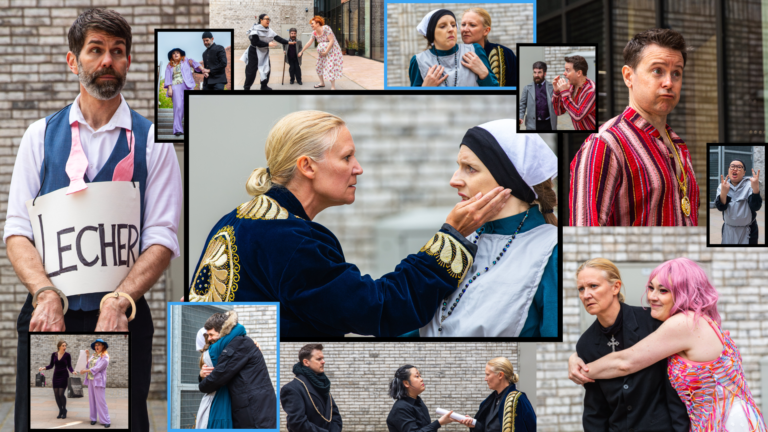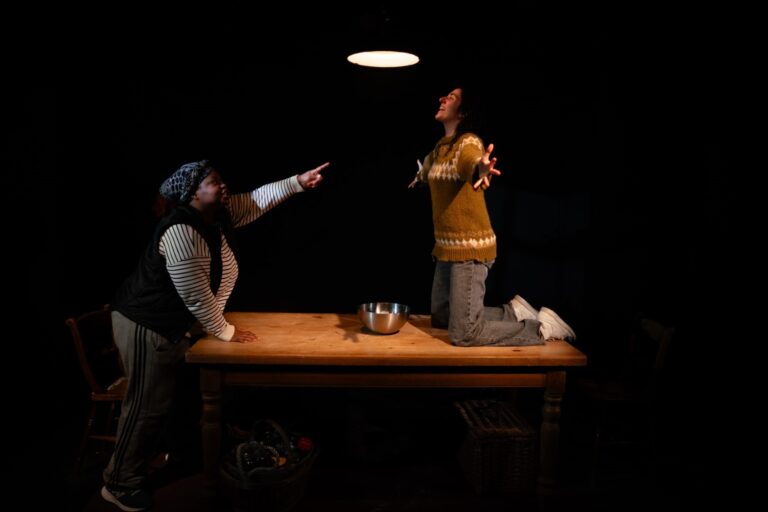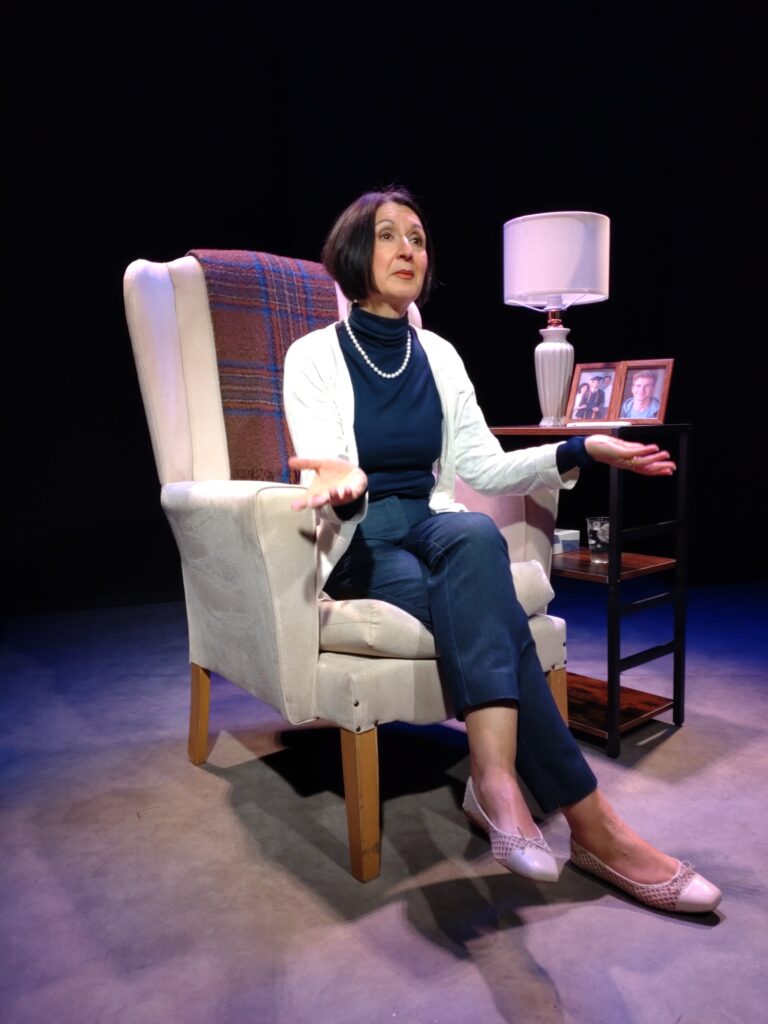Anything with Dickens in the title has me panting like one of Pavlov’s dogs, so seeing “Macready! Dickens’ Theatrical Friend” was playing at the Brockley Jack Studio, one of my favourite theatres, I knew I had to be there, writes Michael Holland.
The play, written, directed and performed by Mark Stratford, is the culmination of much research in to the man who transformed theatre to what we have now come to expect from actors and productions. Before William Charles Macready stepped forward to take the reins of his father’s failing theatre company, performances were a succession of actors shouting dialogue at the audience while performing over-the-top gestures to depict various emotions. The profession was sneered at and those in it received no respect for their toil.
Life began quite well for the young Macready, his parents sent him to the prestigious Rugby School as a springboard to Oxford where he would study for a life in law. Alas, father’s theatre company fails, he is imprisoned for bankruptcy and William has to leave Rugby to take charge of the family business. He was 16.
Although still a boy, William had shown early promise as a performer and knocked this troubled troupe in to a profit-making business by having them rehearse properly and learn from the original scripts rather than makeshift texts, promising his mother that he would ‘make theatre respectable’. They toured plays, money came in, and he was able to clear the family debt and get his father out to lead the company again.
Macready’s big chance for fame came when he was given the lead in Romeo & Juliet and was determined to not play some swooning boy delivering any old lines accompanied by histrionic stances, he studied Shakespeare’s original words and got a real feel for the play. The critics loved it.
He was learning more and more from good actors around him; Sarah Siddons taught him a lot, and as his star climbed he was more and more compared with Edmund Kean, said to be the best actor of his generation.
After conflicts with his father, Macready took off to London where he joined Covent Garden Theatre, in direct competition to Kean at the nearby Drury Lane Theatre. By watching Kean, Macready learnt that he had to BE the part and not just act it. And he was a good student because his London debut was a success. It was not too long before he took the Kean’s acting crown with his Richard lll.
London was now Macready’s oyster and all the main roles came to him. He was asked to direct and all the best writers of the day brought their plays to him: Byron, Browning, Dickens, Bulwer-Lytton all wrote plays for Macready.
But in such a fragile and fickle world his fortunes changed and he went in to a long slump. London was not interested and there were many years of provincial tours until, eventually, Macready was invited to Drury Lane. Alas, the relationship with the owner was tempestuous and ended in fisticuffs and him having to pay a £150 fine for assault. His opponent rubbed salt into the wounds by saying he had to sue him because Macready was not a gentleman enough to challenge him to a duel. Oh, the shame. A fear that he had carried in his heart all his life, as well as the fear of being poor and imprisoned like his father.
He felt this infamy was the end of his career but the opposite happened – his new notoriety brought work in. The slump was over and Macready once again moved onwards and upwards.
Stratford makes no excuses for William Macready who was very obviously a very difficult and demanding man. He asked much of his fellow actors but the performances they produced brought adulation and praise never seen before from critics.
There is a lot of information in this play, much more than I have mentioned, and Mark Stratford delivers it at the speed of Suella Braverman, making the 75 minutes seem half as long. He wanted us to have all the research he had to give because he knew Macready was such an important man – although largely forgotten. Mark Stratford has ensured Macready’s place in the history of theatre.
And what a performance. The writer-director-actor truly became Macready, he did not just act it.
And as for Dickens in the title, well he made an entrance in the last 20 minutes, which was perfect as his fame might have taken all the limelight away from the man whose work in 19th century theatre became the foundation of modern day practise.
Brockley Jack Studio, 410 Brockley Road, London, SE4 2DH
Box office: www.brockleyjack.co.uk or 0333 666 3366 (£1.80 fee for phone bookings only)
Dates: Until Sat 27 May 2023 at 7.30pm.
Tickets: £17, £15 conc., 12+






